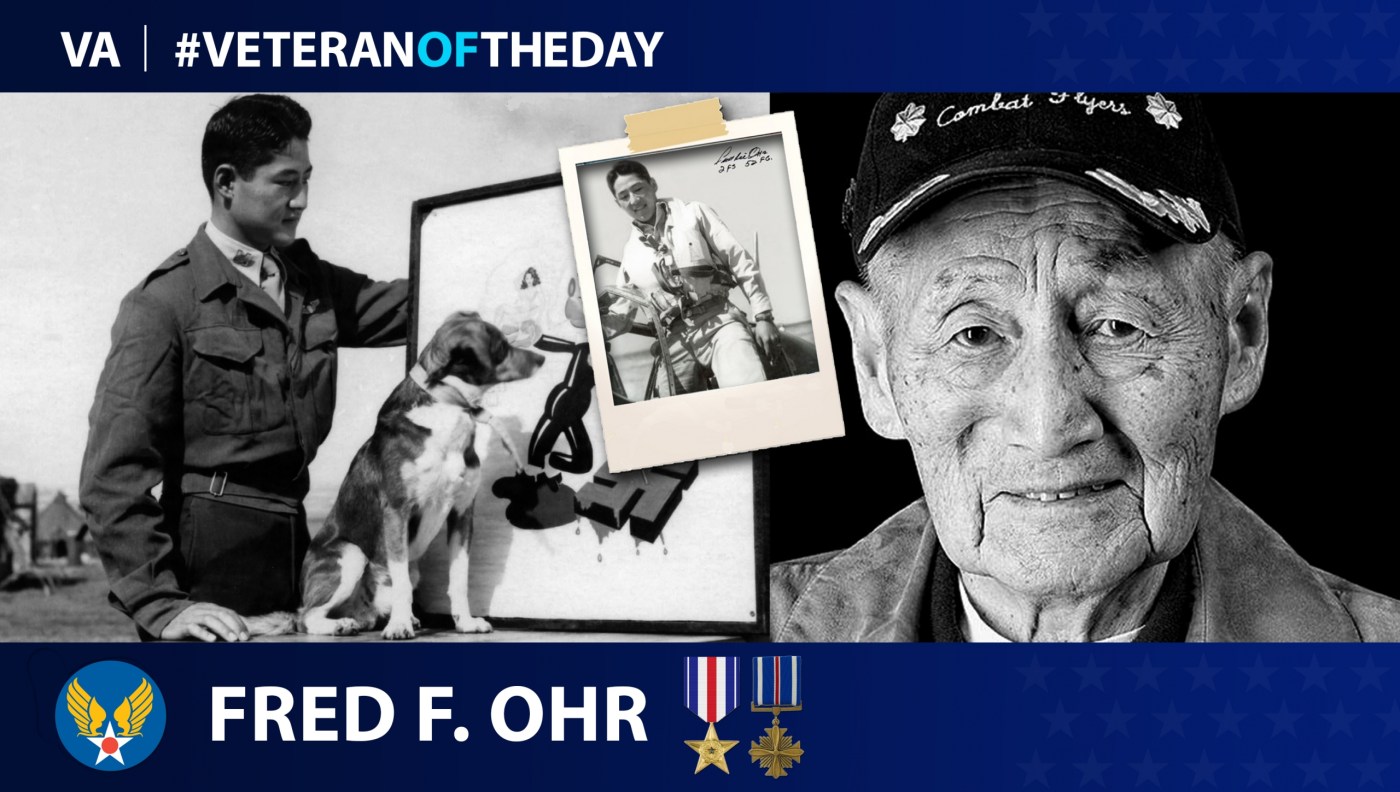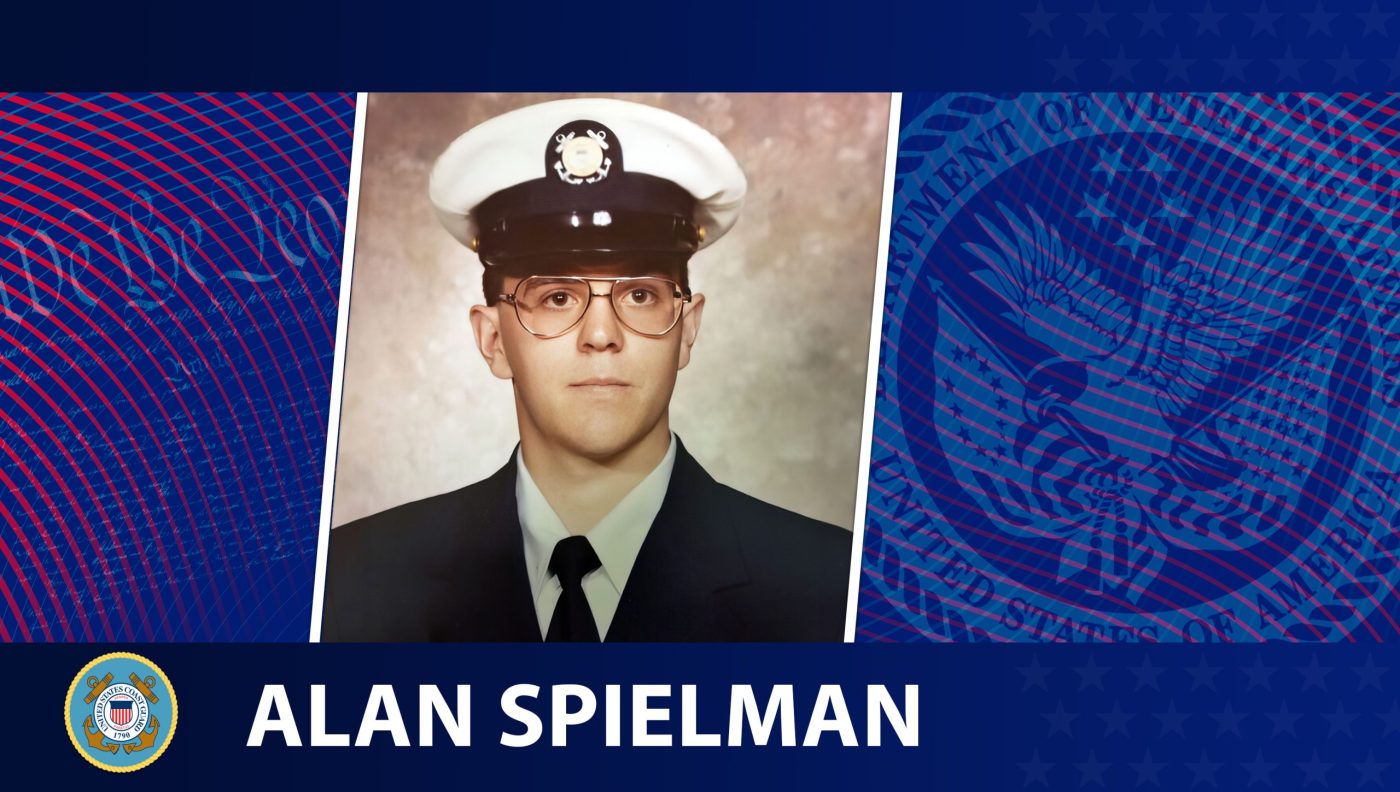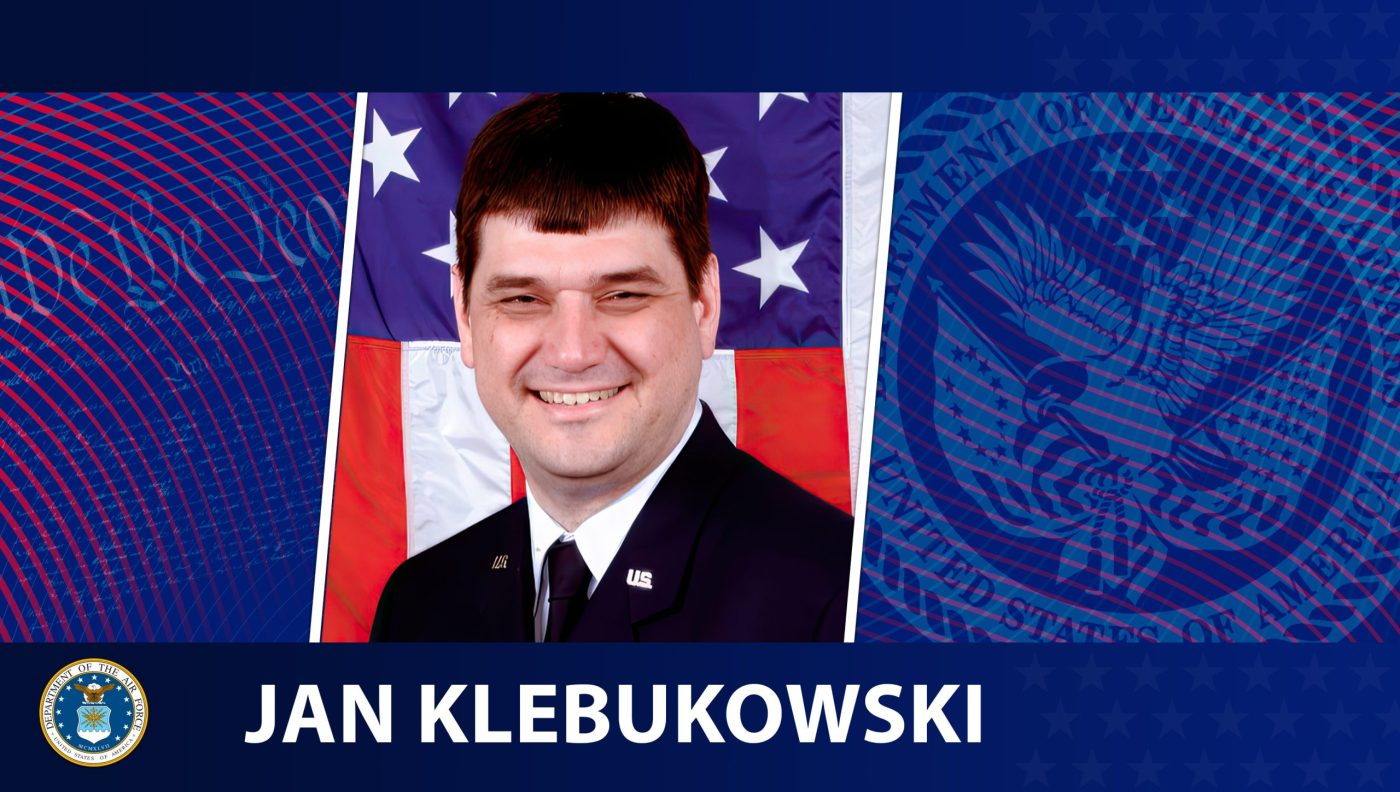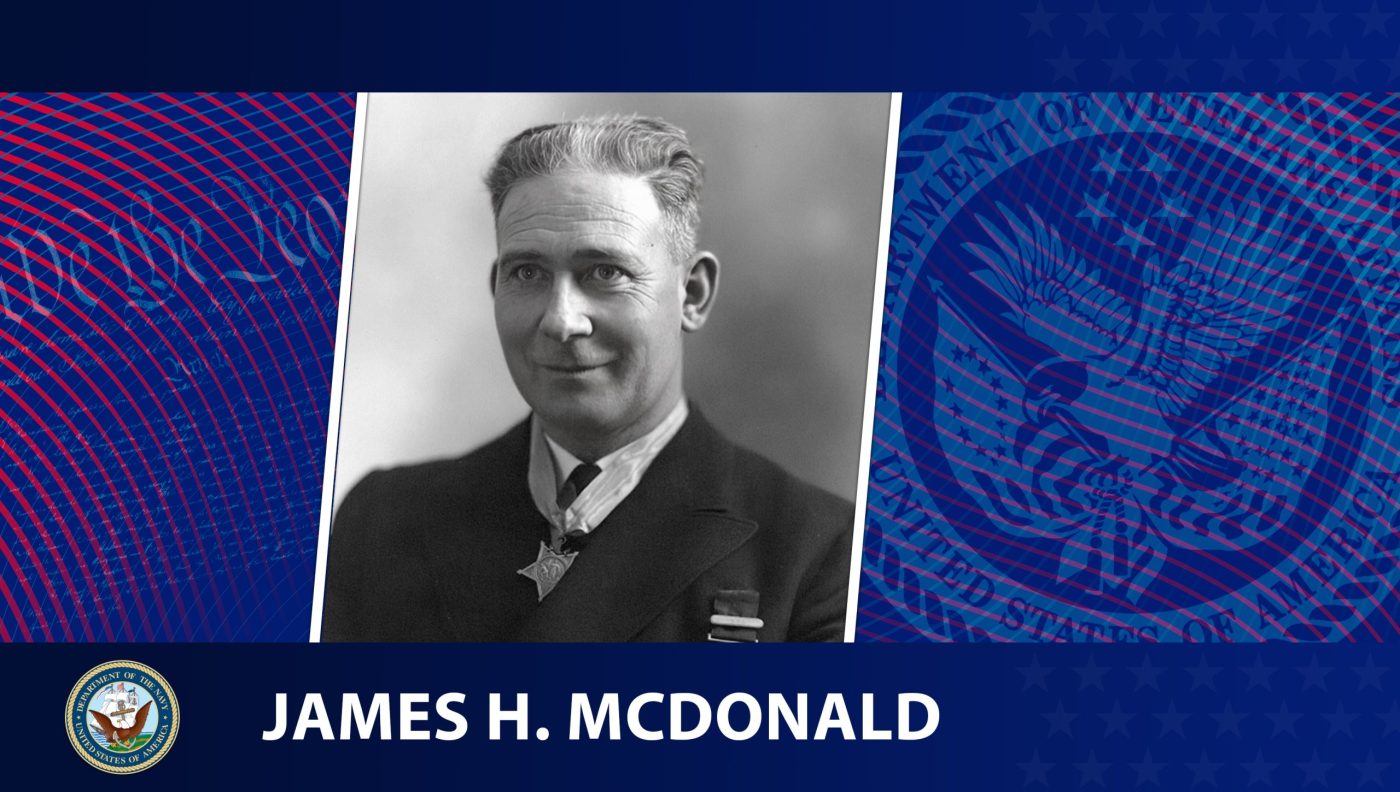Fred F. Ohr was born in July 1919 to Korean immigrants who sought asylum in the U.S. after fleeing persecution. He was raised on a farm in Idaho’s Boise Basin, where his family survived on the food their land could provide. Prior to his active service, Ohr joined the Idaho National Guard, where he worked in the 116th Cavalry. He concurrently attended university and attained two years of postsecondary education before being drafted in the fall of 1940.
In the spring of 1942, Ohr was working as a communications sergeant, handling radio transmissions and messages in Morse code. One day, the Army Air Corps examining board visited Ohr’s base. He was invited to apply for the aviation cadet position and take the entrance exam after a colonel found him waiting on a friend at the testing site. By the fall of that year, Ohr deployed with the 68th Material Service Squadron to England, where he received his assignment as a maintenance officer and test pilot for the invasion of Africa.
In February 1943, Ohr was present at the Battle of Kasserine Pass in Tunisia. During the retreat, he attempted to fly a P-40 out of the airfield, but an in-flight explosion caused him to land once more. Ohr, along with the other grounded soldiers, were tasked with burning the remaining structures to prevent the advancing German forces from using them. Approximately one month later, Ohr joined the 2nd Fighter Squadron, 52nd Fighter Group. Despite never having received any prior fighter pilot training, he was assigned his first mission just three days after his arrival.
After the African campaign, Ohr deployed to the Mediterranean islands of Sicily and Corsica. He was responsible for coastal command work like accompanying allied ships, as well as tactical duties, including the elimination of enemy vessels in the region. From Corsica, Ohr was transferred to mainland Italy, where he executed long-range missions throughout Italy and Eastern Europe. One such mission was Operation Tidal Wave, an attack that targeted several oil fields in Ploiesti, Romania, on Aug. 1, 1943. By bombing these locations, U.S. forces aimed to restrict fuel supply to the Axis powers. During this operation, Ohr rescued one of his men by shooting down a German aircraft and escorting the damaged plane back to base.
Before his military discharge, Ohr worked his way through the ranks as a captain, flight leader and squadron commander, and eventually attained the rank of major. He is credited with the destruction of six enemy aircraft in aerial combat.
For his contributions, Ohr was awarded the Silver Star with one oak leaf cluster, the Distinguished Flying Cross with one oak leaf cluster, the Air Medal with 3 oak leaf clusters, the Air Medal with 3 oak leaf clusters, European-African-Middle Eastern Campaign Medal, the Bronze Star and World War II Victory Medal.
Ohr died in September 2015.
We honor his service.
Nominate a Veteran for #VeteranOfTheDay
Do you want to light up the face of a special Veteran? Have you been wondering how to tell your Veteran they are special to you? VA’s #VeteranOfTheDay social media feature is an opportunity to highlight your Veteran and his/her service.
It’s easy to nominate a Veteran. Visit our blog post about nominating to learn how to create the best submission.
Veterans History Project
This #VeteranOfTheDay profile was created with interviews submitted to the Veterans History Project. The project collects, preserves, and makes accessible the personal accounts of American war Veterans so that future generations may hear directly from Veterans and better understand the realities of war. Find out more at http://www.loc.gov/vets/.
Writer: Hannah Randolph
Editor: Christopher Wilson
Researcher: Hannah Bundschuh
Graphics: Katie Rahill
Topics in this story
More Stories
This week’s Honoring Veterans Spotlight honors the service of Coast Guard Veteran Alan Spielman, who served in Alaska.
This week’s Honoring Veterans Spotlight honors the service of Air Force Veteran Jan Klebukowski, who served in the United States, United Kingdom and South Korea.
This week’s Honoring Veterans Spotlight honors the service of Navy Veteran James McDonald, who served as a Chief Metalsmith during his service.







We honor the service of Fred F. Ohr.
Two things:
1. He attempted to fly a P-40 fighter during the Tunisia retreat. We had no B-40 bombers.
2. In listing his awards, you say he had an Air Medal with 13 oak leaf clusters AND an Air Medal with 3 oak leaf clusters! That’s not possible